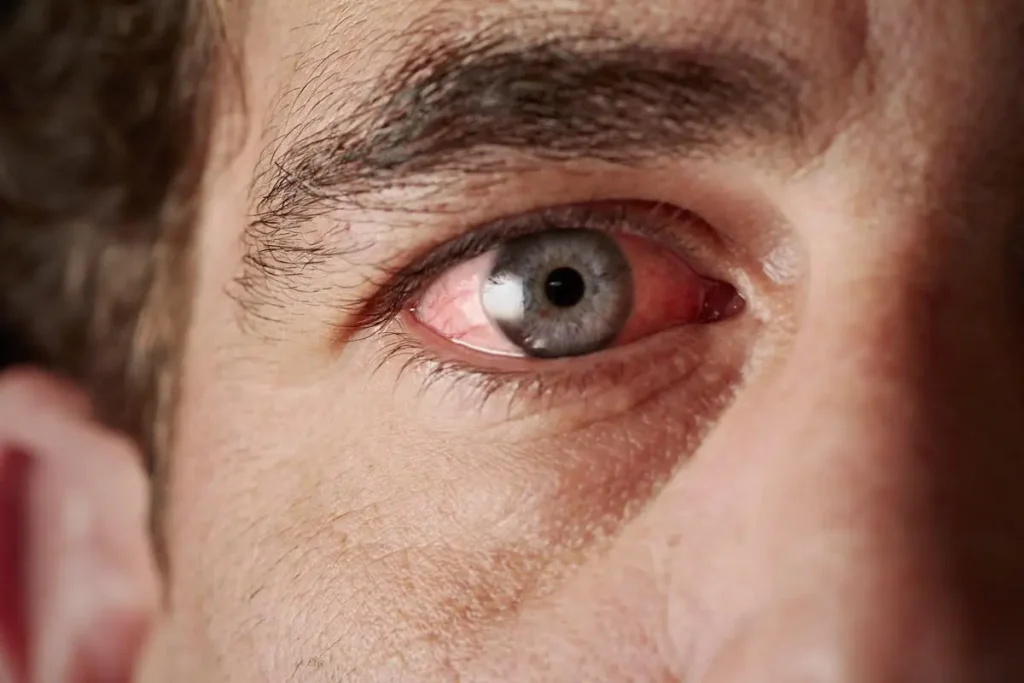If you experience or have experienced dry eyes, you’re not alone. Nearly seven percent of American adults live with this condition. Eye dryness happens for different reasons, many of which can be easily remedied, but some can become serious if left untreated. Much like any other health problem, the more often you experience eye dryness, the more serious it can be. In this post, a Saginaw, TX optometrist discusses dry eyes syndrome, what causes it, and symptoms that may warrant cause for concern.
What Causes Dry Eyes?
As logic would have it, any given surface gets dry when there’s a lack of moisture. In like manner, dry eyes develop for the same reason. And the tears your eyes produce play a central role in maintaining healthy moisture levels.
Your tears create a moisturizing film that should be replenished each time you blink your eyes. When this film isn’t restored, eye dryness will likely develop.
Dry eyes can develop for different reasons for different people, some of which include:
- Your eyes don’t produce enough tears
- Your tears evaporate quicker than they should
- Your tears don’t have enough water, mucus, and or fatty oils
And tears do much more than prevent dryness, too. They help remove dirt and irritants. Tears help supply your eyes with oxygen and needed nutrients. They also help guard against infection and promote healing when your eye is injured.
So while dry eyes may not be an immediate danger, if the condition persists, it can cause real damage to the health of your eyes.
Symptoms of Dry Eyes
- Stinging, burning, itchiness
- Difficulty wearing contact lenses
- Light sensitivity
- Watery eyes
- Difficulty seeing or driving at night
- Mucous around the eyes
- Eyelids feel heavy
- Minimal tear production when crying
- Redness
- Blurry vision
You’re more likely to experience dry eyes if you’re over the age of 50. Certain medications, such as antihistamines and decongestants can also may you more susceptible to eye dryness. Eye gland problems, low estrogen levels, and certain inflammatory disorders are other factors that can you more likely to develop dry eyes.
When to See an Eye Specialist
Over-the-counter remedies may help for occasional dry eye symptoms, however, when dryness starts to interfere with your ability to carry out day-to-day tasks, a trip to the eye doctor may be warranted.
An optometrist can identify the root of the problem and determine whether dry eyes is a symptom of a more serious condition, such as corneal tears or scarring. Ultimately, if find yourself experiencing dry eye symptoms on a regular basis, it’s best to get it checked out.
If you have more questions or wish to schedule an eye exam, please don’t hesitate to call our Saginaw, TX optometry office today.



